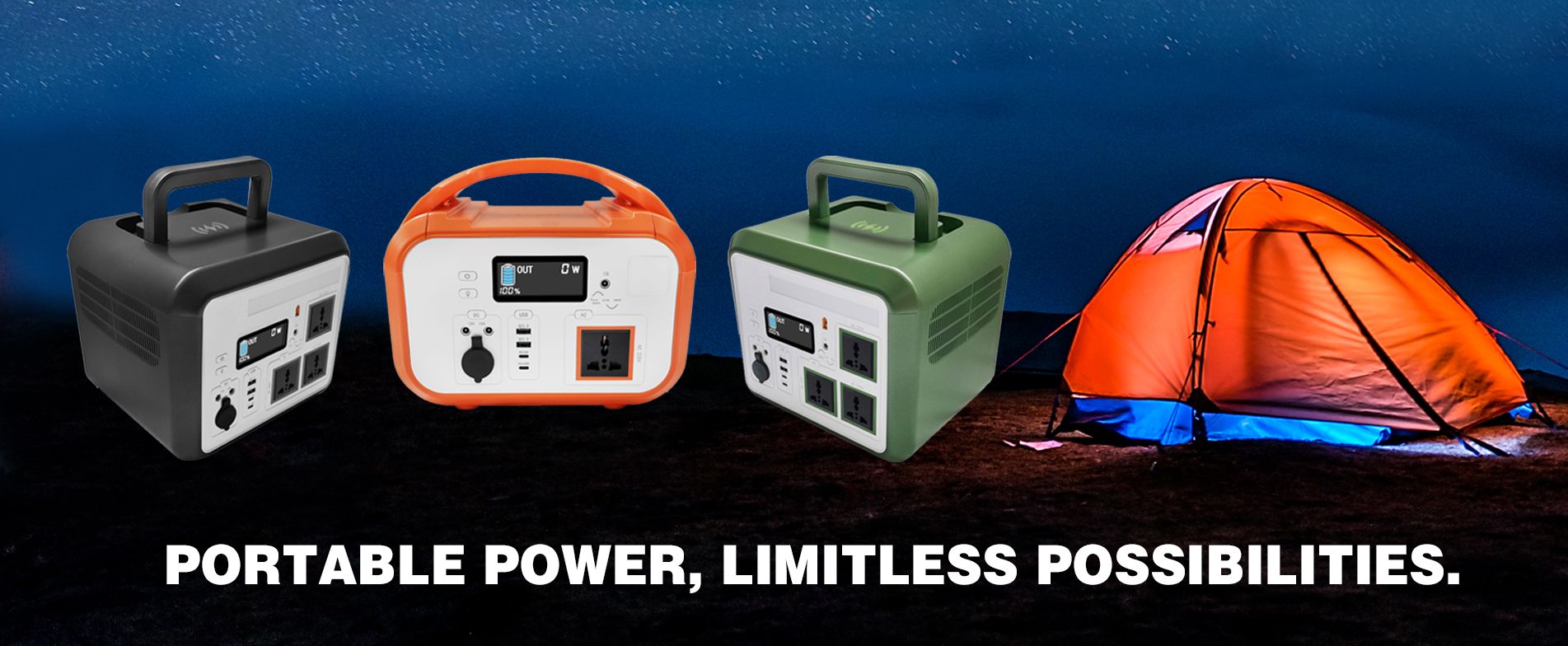Regarding Sealed Lead-Acid Batteries For Portable Power Station
Sealed lead-acid battery is a common type of battery used in portable power stations. This blog is about lead-acid batteries for portable power stations:

 Technology
Technology
Lead-acid batteries use a chemical reaction between lead plates and sulfuric acid to store and deliver electrical energy. They have been widely used for many years and are known for their reliability and cost-effectiveness.
 Voltage and Capacity
Voltage and Capacity
Lead-acid batteries used in portable power stations typically have a nominal voltage of 12 volts (12V), similar to car batteries. The capacity of lead-acid batteries can vary and is typically measured in ampere-hours (Ah). Portable power stations may use lead-acid batteries with capacities ranging from a few ampere-hours to several hundred ampere-hours, depending on the application and power requirements. Models that stand out are: 6V4.5Ah, 6V7Ah, 12V4.5Ah, 12V7AH, 12V9Ah, 12V12Ah, etc.
 Performance
Performance
Lead-acid batteries offer moderate energy density, meaning they can provide a decent amount of power but have a comparatively lower energy-to-weight ratio. They are capable of delivering high current bursts, making them suitable for applications that require high power output, such as providing electricity to power tools, small appliances, or electronic devices during outdoor activities or power outages.
 Maintenance
Maintenance
Lead-acid batteries require regular maintenance to ensure their optimal performance and longevity. This includes periodically checking the battery's electrolyte levels, ensuring proper ventilation, and preventing overcharging or deep discharge, which can affect battery life.
 Charging
Charging
Lead-acid batteries need to be properly charged to maintain their capacity and performance. Portable power stations equipped with lead-acid batteries often include built-in charging systems, which allow the battery to be charged from various power sources, such as AC wall outlets, solar panels, or car adapters.
 Weight and Portability
Weight and Portability
Lead-acid batteries are relatively heavy compared to other battery technologies, such as lithium-ion. This can impact the overall weight and portability of the portable power station. However, advancements in battery design and lightweight materials have allowed for more compact and portable lead-acid battery-based power stations.
However, it's worth noting that while lead-acid batteries offer certain advantages, they also have limitations such as lower energy density and shorter lifespan compared to some other battery technologies. Depending on your specific needs and requirements, you may also consider exploring portable power stations with alternative battery technologies like lithium-ion battery, which offer higher energy density, lighter weight, and longer life.

